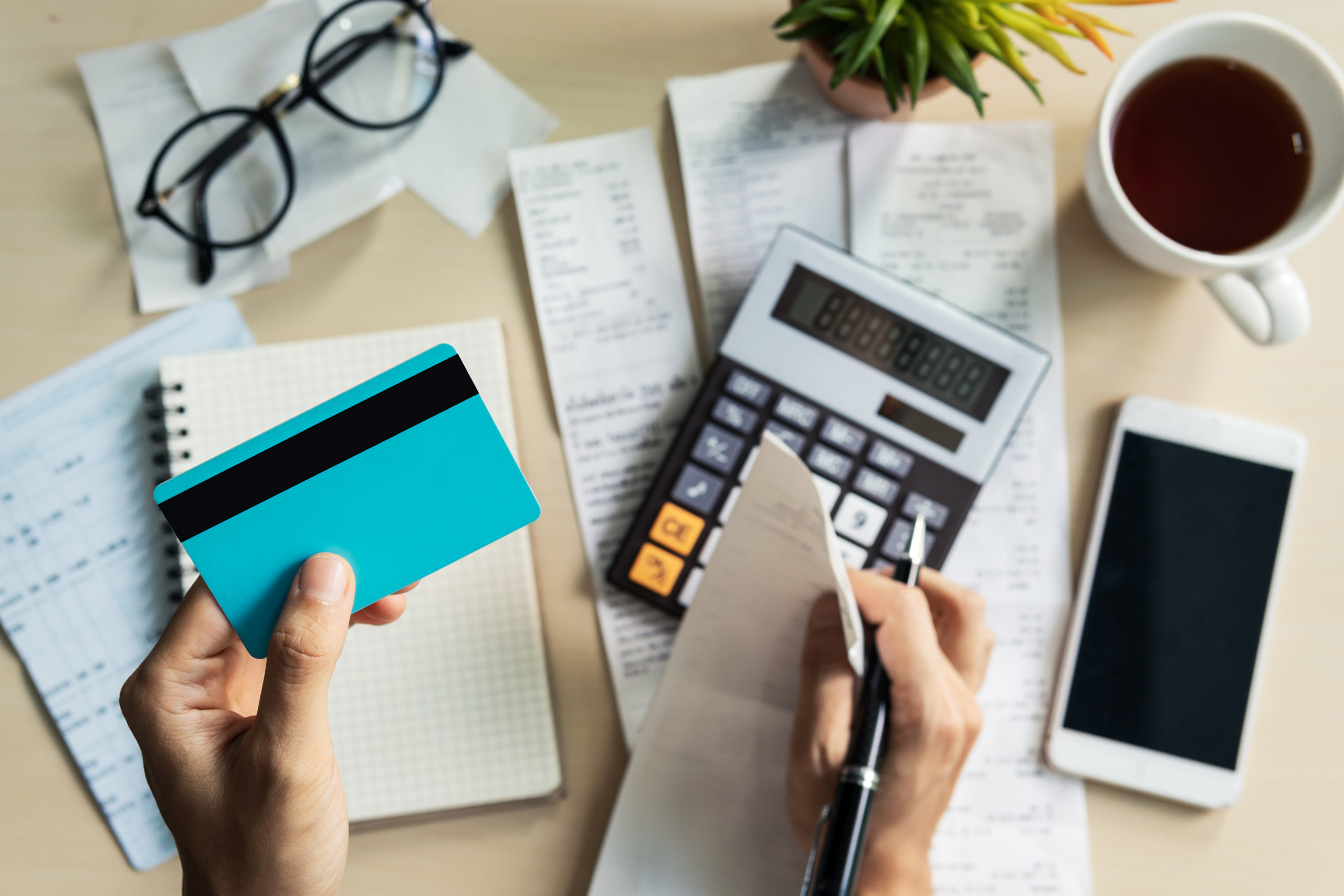Business expenses: don’t guess if you don’t know the answer

Ask most people what they think is the biggest cost a business faces and they’ll tell you its salaries. But what about small businesses with perhaps just one or two staff members, or even sole traders with no employees at all?
According to official government data, of the six million UK business currently trading just 1.1 million are employers. The rest are operated by their owners, who usually pay themselves through company profits instead of via a salary.
In fact, for the vast majority of UK businesses, the biggest annual business expenses are much more likely to be tax liabilities and energy usage.
Research from Smart Energy GB, published in August, revealed that small businesses had on average around nine weeks of cash reserves before they would have to shut their doors. That’s despite more than half, or 56 per cent, admitting they would have greater control over their expenditure if they understood the business’ energy use more clearly.
If you are one of the 56 per cent, then it could be time to revisit your cost base and implement a new strategy. Tracking your spend is a vital component of healthy cashflow, which in turn is the secret of a successful business.
Managing energy use
Although small businesses often take a forensic approach to managing their money, energy usage is still an area they find hard to pin down. Robert Cheesewright, Director of Corporate Affairs at Smart Energy GB, explains that many view energy consumption as “a cost that can only be estimated”.
But this need not be the case. Smart meters are an increasingly popular way in which small businesses can track the cost of their energy use in near-real time. It means no more estimating, plus receiving accurate bills which give clarity over your spending.
There are currently more than 17 million smart meters installed in homes and businesses across Great Britain. You can get more confidence in your spending, while doing your bit for the planet, by requesting a smart meter from your supplier. They are usually free to order and install.
Tracking your tax
Calculating your tax liabilities is not only good business practice, it’s the law. HMRC requires you to keep a record of your expenses, including, at least, copies of your receipts and invoices.
At the end of the tax year, you must submit a tax return and pay whatever liabilities you owe, minus the expenses you incurred during the year.
It’s a challenge to keep track, especially for the smallest businesses who want to focus on sales and profits, not costs and admin. Luckily, there is a large and diverse range of services that can help you order your tax and pay it on time.
A quick search on Google for ‘small business accounting software UK’ will bring up a range of different software platforms – including Quickbooks, Sage and Xero – designed to make tax compliance easier for fledgling entrepreneurs.
These will help you to categorise and log your expenses, as well as sales, and at the end of the year, run the numbers on what you owe. They will also help you with quarterly VAT payments and, if your business takes off, payroll too.
Find the best suppliers
Finding good, cost-effective suppliers is a business priority, but it takes some legwork. Remember that a supplier is any service you require to run your business, so it can range from sourcing raw materials to foreign currency payments.
As with everything, it’s vital to shop around and to revisit the market each year to see if new suppliers have cropped up or if there are any special discounts available. Remember to factor hidden costs into your assessment, such as delivery or administration fees, and remember that ‘cheaper’ doesn’t always mean ‘better’.
A great place to find new suppliers is at trade shows. Here you’ll find row upon row of exhibitors trying to win your business.
There are often bargains to be had, but beware of introductory offers that expire and don’t feel pressured into making on-the-spot spending decisions if you are not sure the product or service is right for you. It’s better to spend a little more on something that is right, than spend less on something that won’t help your business prosper.
One final thing to remember: by spending time acquiring dependable suppliers at the lowest possible price, you should expect to earn more profit at the end of each year, given the same value of sales.
You’ll have more money to invest, which is brilliant, but don’t forget that this will have an impact on tax; that other cost base that small businesses must manage if they are to enjoy smooth growth.
Further reading
8 ways to save money running your microbusiness
How to manage your businesses cash flow more efficiently
Frequently asked questions about smart meters for small businesses

Comments are closed.